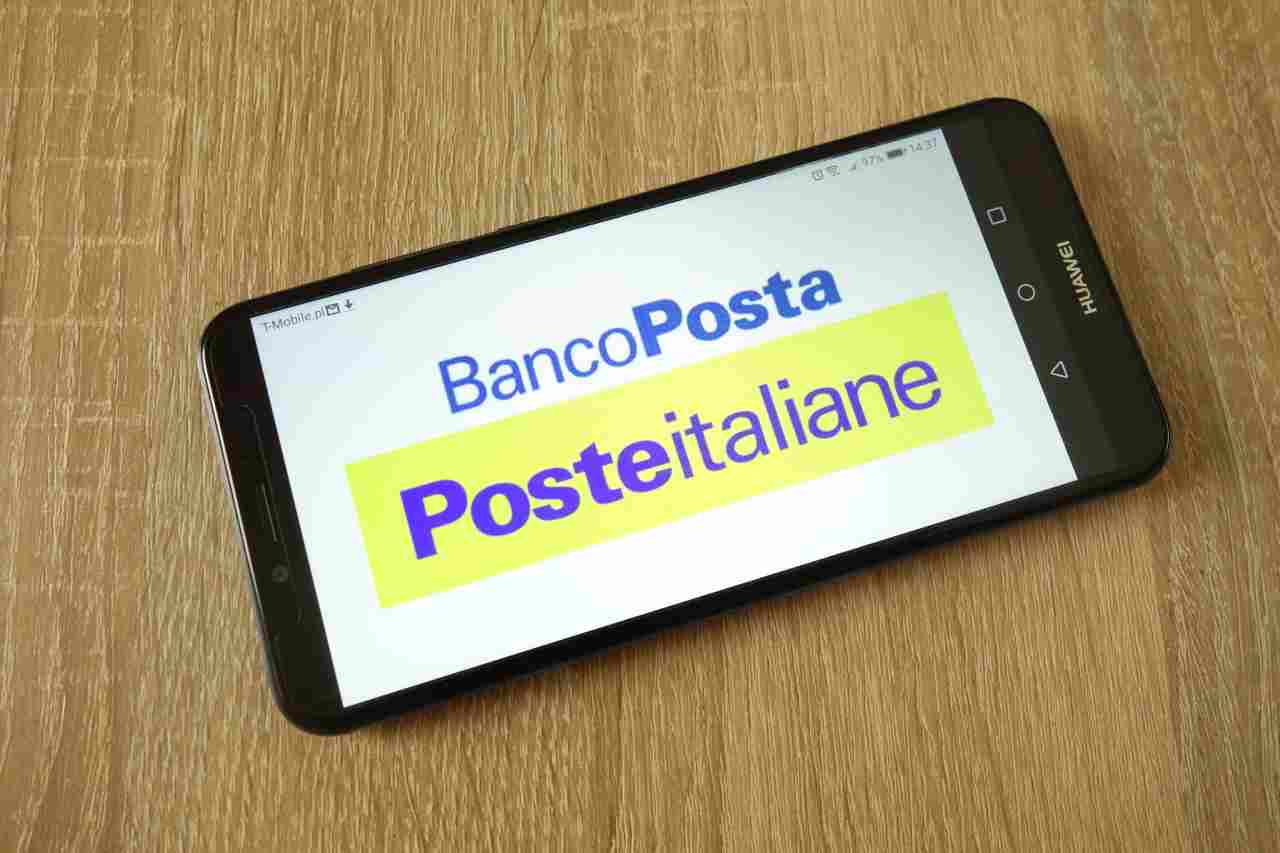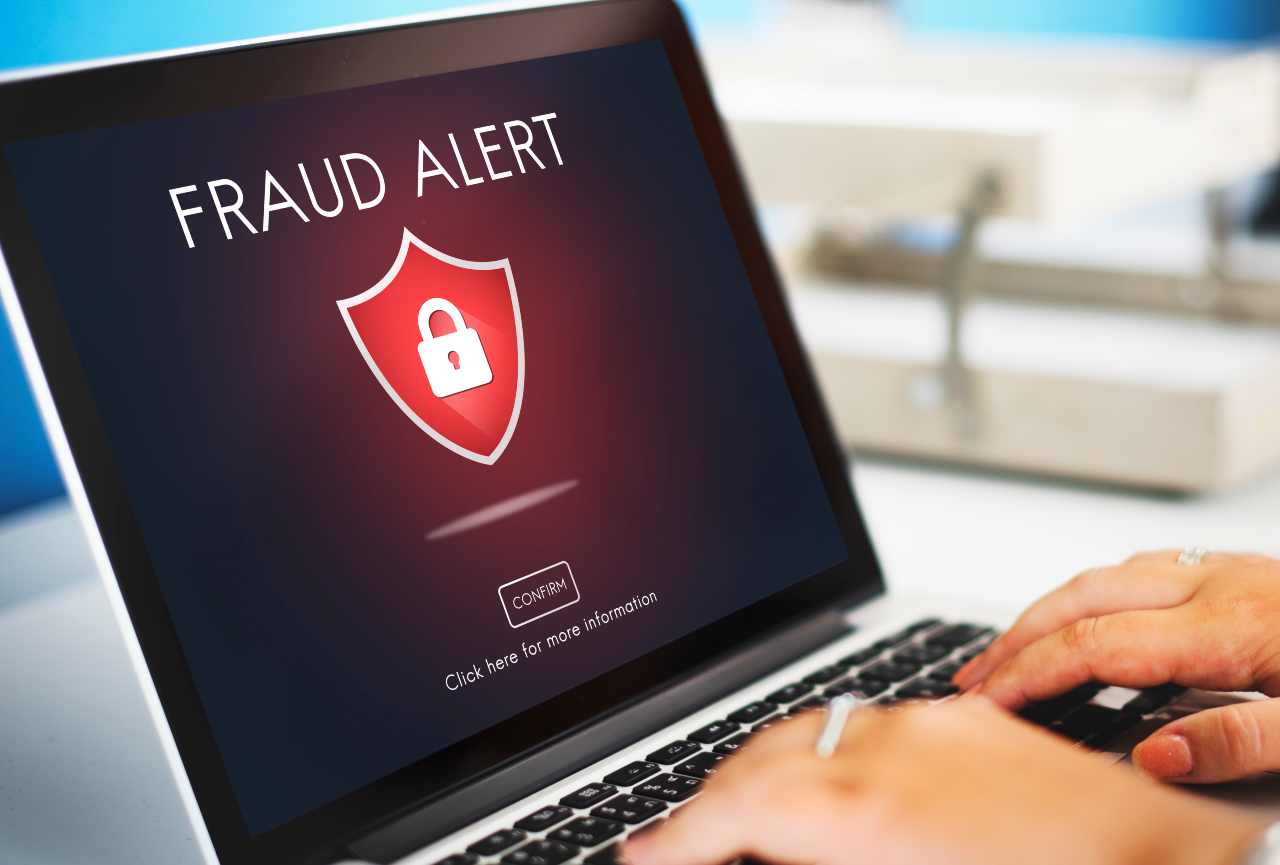An annoying message arrived on many smartphones warning Poste Italiane customers of an anomaly in their account, which is a pity that in trying to fix everything all the savings can be lost.
Messages of this type collectively reach many Italians, regardless of whether you have a savings book, debit card or BancoPosta account. However, phishing attempts like this one have the sole purpose of robbing the victim.

What does Poste Italiane say?
The services offered by the Post Office are no longer only related to the delivery of correspondence, in fact you can now open checking accounts in which to deposit your savings, and you can activate PostePay to make payments, but also interest-bearing bonds and even insurance.
The popularity of these services creates fertile ground for scammers who, by creating private messages, emails, and communications, convince people to provide their sensitive data, and even gain access to victims’ money.
Messages from fake numbers linked to Poste Italiane are in fact collectively warning customers of some checking account anomalies and inviting them to verify the situation with a link that acts as a bait to restore all access data.
Users, trusting the sender, can in fact carelessly enter their credentials which will then get into the hands of hackers, willing to make illegal transfers, purchases or movements that allow them to get all the money in the accounts or cards.

How to defend yourself against phishing
Knowing how these types of messages work can go a long way in preventing harm. Here are the most important things to know:
- Never trust a message even if the sender appears to be associated with a well-known company, organization or corporation
- You should always check the grammar in an email or message, as these types of communications are often translated from other languages.
- Never download attachments or visit links in these communications, as they often lead to downloads of viruses or lead to fake pages
In the event of doubts about what is written in the messages, you can always contact the real sender, and ask for more information about the reliability of the communication, in this way you will be able to obtain security about the status of your accounts, shipments or documents.
By following these guidelines, it will be much more difficult to fall victim to bad guys who use phishing as a method of fraud.





Leave a Reply